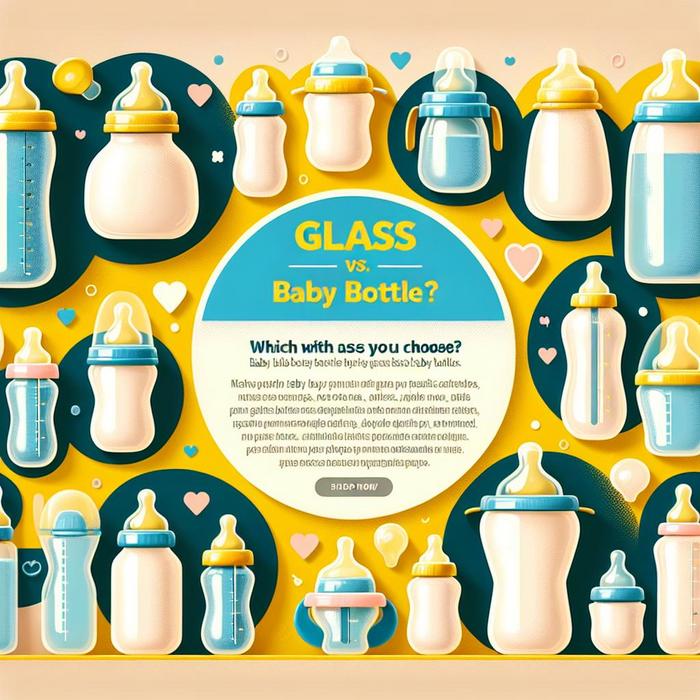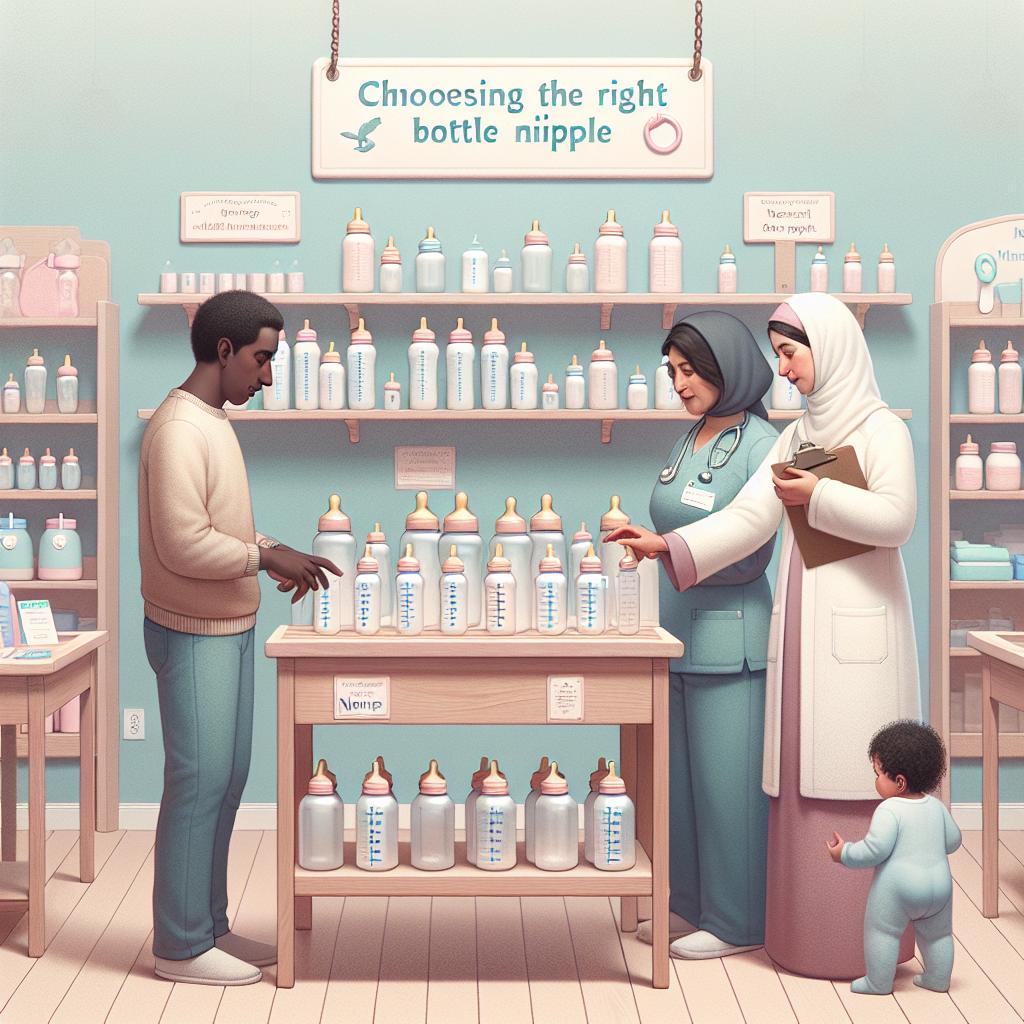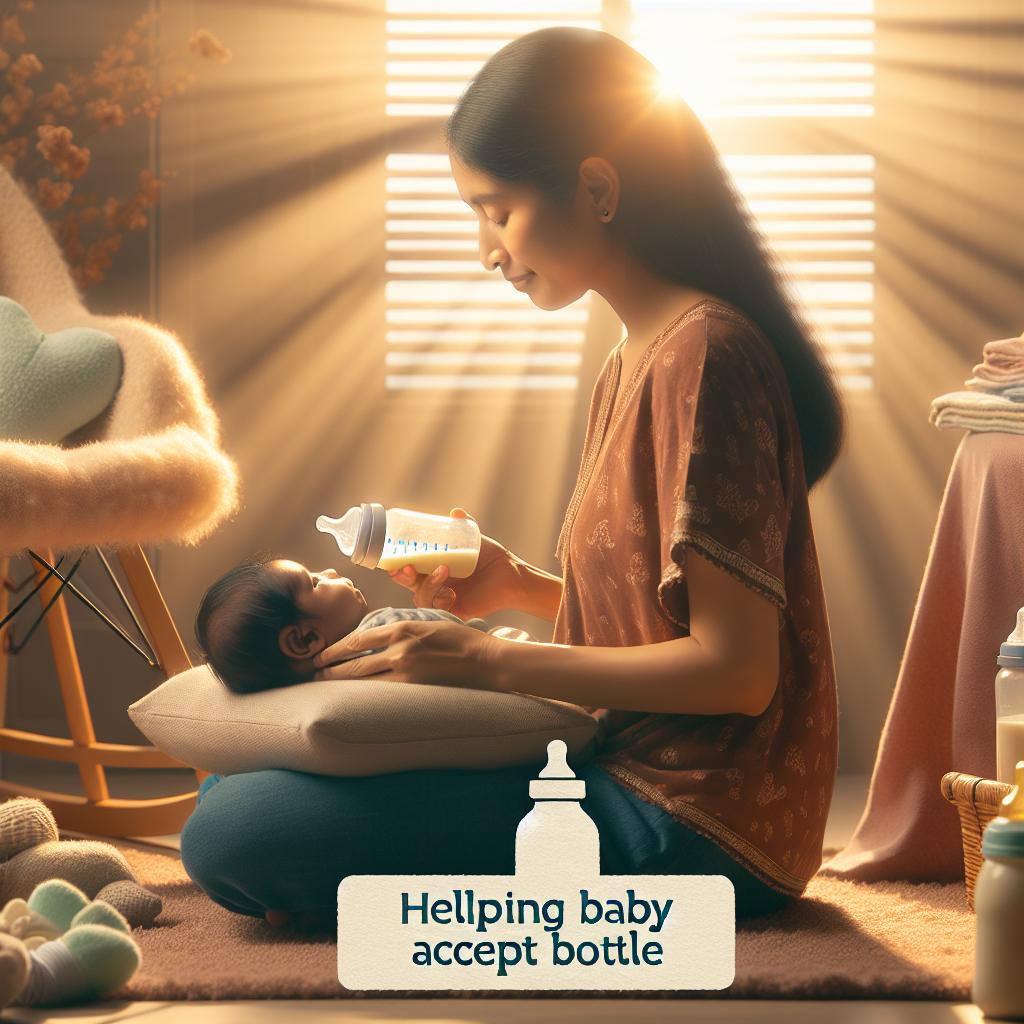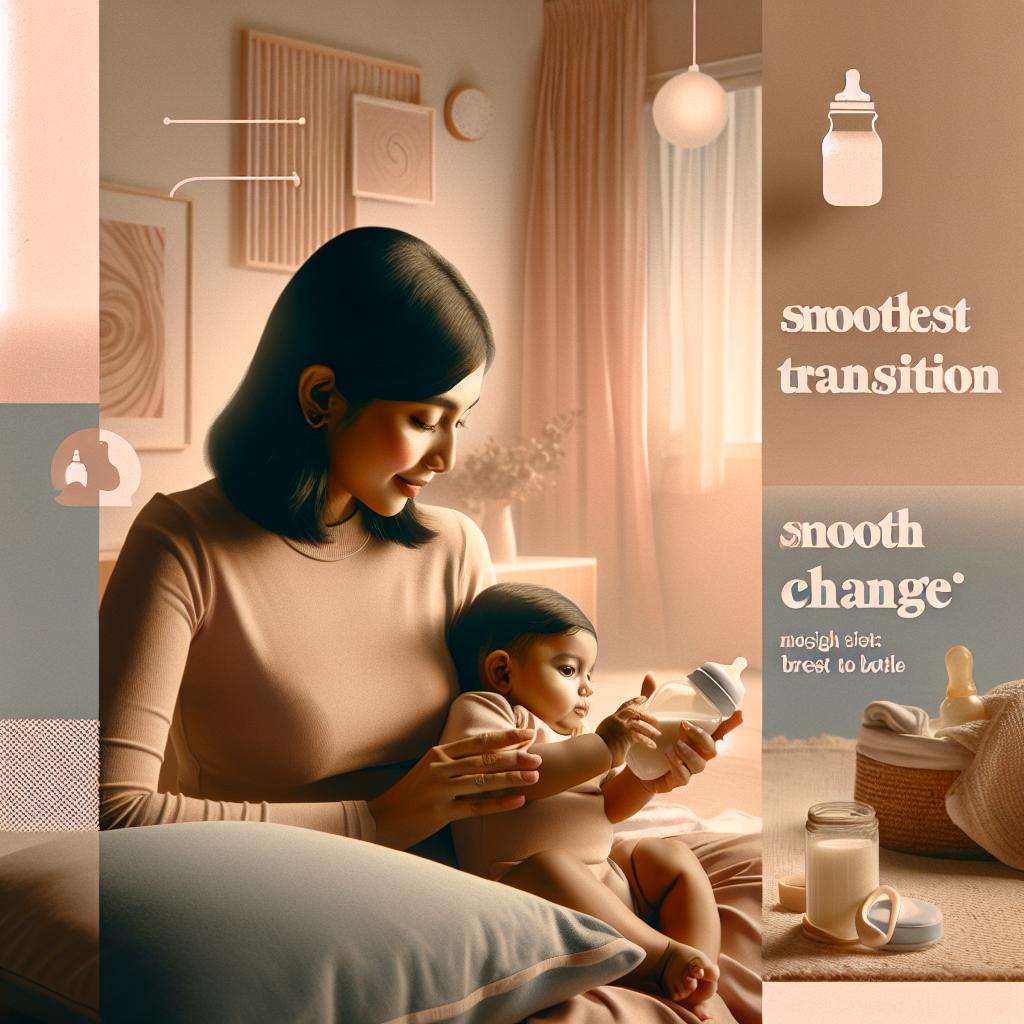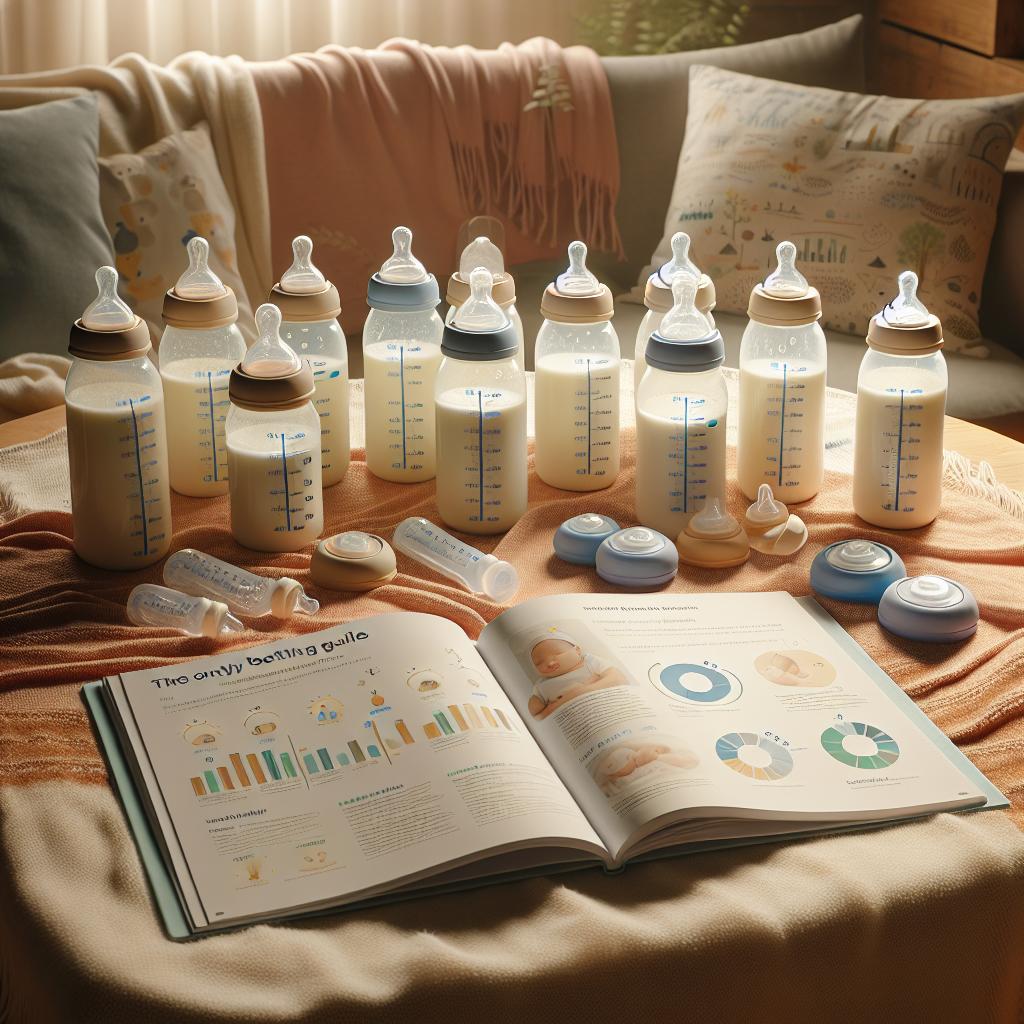Glass vs. Plastic Baby Bottles: Making an Informed Choice
Understanding the Core Differences
The first step in deciding between glass and plastic baby bottles is understanding their key differences. While both are viable options, they present unique sets of features that may be more or less suitable depending on your specific needs.
Glass Baby Bottles: The Advantages
Once overshadowed by plastic alternatives, glass baby bottles are making a comeback among modern parents.
- Chemical-free: One of the most persuasive arguments in favor of glass baby bottles is that they are free from potentially harmful chemicals that can leach into your baby’s milk. Plastic bottles often contain chemicals like BPA, which has raised health concerns.
- Durability: Though they can break if dropped, glass bottles often last longer than plastic ones. They do not scratch easily, which not only helps maintain their aesthetic appeal but also ensures that bacteria can’t find small crevices to multiply in.
- Easier to clean: Since glass is less porous than plastic, these bottles are generally easier to clean.
Despite these advantages, glass bottles do come with their cons, including higher cost and risk of breakage.
Plastic Baby Bottles: The Pros
Plastic baby bottles have long been a favorite choice due to their practical benefits.
- Lightweight: Plastic bottles are significantly lighter than their glass counterparts, making them easy to handle during feeding times and convenient for travel.
- Durable: Plastic bottles aren’t prone to shattering, so they’re often the preferred choice for toddlers who are learning to hold their own bottle.
- Cost-effective: Generally, plastic bottles are cheaper than glass ones. So, if you’re on a tight budget, plastic may be the more cost-effective option.
However, the potential health concerns and environmental impact associated with plastic use cannot be ignored.
What Do Other Parents Say?
Nothing beats first-hand experience when it comes to understanding the pros and cons of glass and plastic baby bottles. Several parents have shared their insights on forums like Reddit and What to Expect. These discussions can provide valuable real-world insights that help you make an informed decision.
Final Thoughts
Making a decision between glass and plastic baby bottles is not easy—it involves considerations about health, environment, convenience, and cost. However, remember that your decision doesn’t have to be permanent. You can always switch between the two options as your baby grows and your needs evolve.
Looking for More Baby Feeding Options?
Check out our guide to the most innovative features in baby bottles or learn about managing toddler temper tantrums during meal times.
Examining The Impact on Infant Health
While no definitive answer has fixed the glass versus plastic debate, the main concern of parents is typically their child’s health. WebMD offers insight into this dimension of the issue.
- Chemical Exposure: As noted, glass bottles pose less of a risk when it comes to chemical leaching. Even though many plastic bottles are now BPA-free, some studies suggest that other chemicals used in plastic may be harmful to developing infants and toddlers. In contrast, glass bottles contain no such chemicals, making them a perceived safer, healthier option.
- Taste and Smell: Many parents observed that milk stored in plastic bottles sometimes takes on a slight plastic-like smell and flavor, which can affect the baby’s feeding experience. Glass, being chemically inert, preserves the taste and smell of your baby’s milk better.
Eco-Friendly Perspective
From an eco-friendly perspective, glass bottles without a doubt win over plastic ones. With its longer life cycle and easier recyclability, glass bottles make a smaller footprint on the environment compared to plastic.
- Recyclability: Most glass bottles are 100% recyclable and can be reused endlessly without loss in quality or purity. In contrast, while certain types of plastic can be recycled, they degrade in quality every time they are recycled and eventually end up in landfills.
- Biodegradability: When plastic is trashed, it can take up to a whopping 1,000 years to decompose in a landfill. Glass, on the other hand, can decompose in nature and take a shorter time to mineralize if not recycled.
Delving into Safety Measures
The debate also extends to the safety measures that accompany the use of glass and plastic. This BabyCenter article brings relevant insights to the table.
- Breakability: Some parents are wary of glass because it might break and injure the baby. However, most modern glass bottles are made from tempered glass, which is more durable and likely to withstand minor falls. Some brands offer silicone sleeves to help protect the glass, improve grip, and prevent breakage.
- Choking Hazard: While both glass and plastic bottles come with their specific caps and nipple systems, parents need to ensure that they are tightly secured to prevent choking.
Detailed Comparison for Informed Decision
Comparing glass versus plastic baby bottles is not just about cost and convenience anymore. It’s about weighing the pros and cons, understanding different perspectives, and then making an informed decision based on your baby’s needs, your lifestyle, and the environment. If still undecided, this detailed comparison might offer more insights.
Have Your Baby Try Both
You may also opt for an experimental approach by trying both types. It is possible that your baby may show a preference for one type over the other. It’s also a great way to figure out which type satisfies your parental intuition and fits your lifestyle better. As an example, some parents prefer to use glass at home and plastic during travels.
Change as You Go
At the end of the day, remember that it’s okay to change your mind or adjust your preferences as you learn more about your baby and their needs. As they grow older and start handling their own bowls and glasses, you may feel the need to transition to different types of bottles.
Guide on Glass vs. Plastic Baby Bottles
Insightful comparison on glass and plastic baby bottles. Understand the pros and cons to help you make an informed choice.

